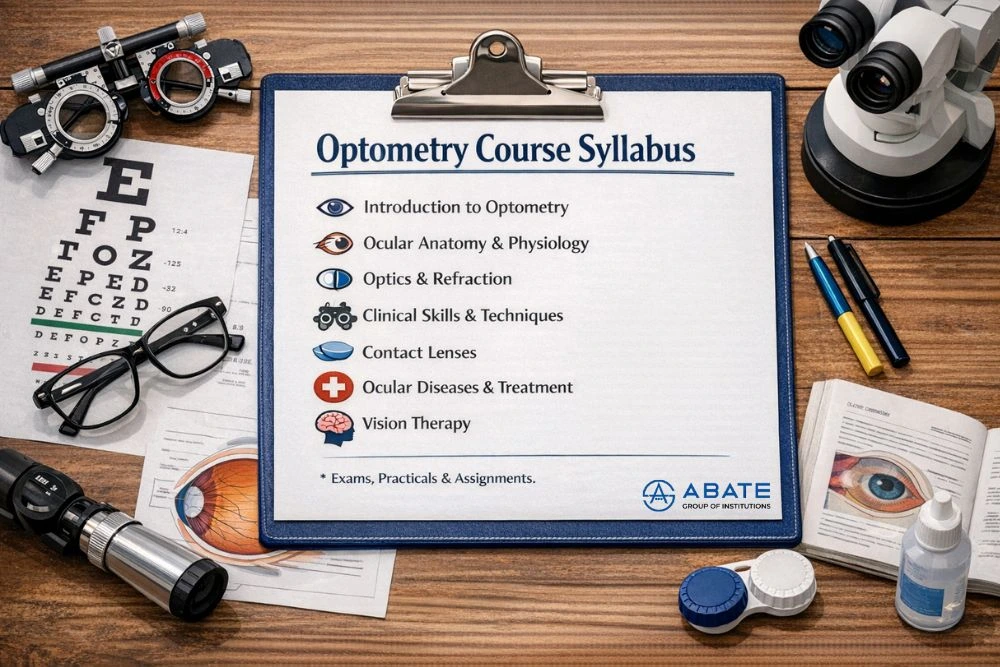What Skills Are Required for Architecture Career?

Architecture is more than just designing buildings—it is about blending creativity, technical knowledge, and problem-solving to create spaces that are functional, safe, and visually appealing. An architect not only draws plans but also shapes how people interact with the environment around them. To succeed in this demanding field, students and professionals must develop a unique mix of skills that go beyond classroom learning.
In this blog, let’s explore the key skills required for a career in architecture.Skills Required for an Architect
1. Creativity and Imagination
One of the most essential skills for any architect is creativity. Architecture is a design-based profession where ideas need to be transformed into practical and aesthetic structures. Imagination helps architects think outside the box and develop unique solutions that stand out. From designing modern skyscrapers to eco-friendly homes, creative thinking ensures buildings are innovative and meaningful.
2. Strong Visual and Spatial Awareness
Architecture entails imagining how a design will seem and work in practice. Architects must understand space, proportion, and form. A strong sense of spatial awareness helps them plan layouts effectively, ensuring that structures are not only beautiful but also functional and safe. This skill is particularly important when creating designs that must fit into specific environments or community spaces.
3. Technical Knowledge and Mathematics
While creativity is important, architecture also relies heavily on technical skills. The foundation of architectural design is made up of physics, geometry, and mathematics. These skills help in calculating dimensions, structural stability, and construction requirements. A good architect must balance artistic vision with practical technical knowledge to ensure that their designs are feasible and durable.
4. Attention to Detail
In architecture, even a minor error can cause serious issues when the building is being constructed. Whether it’s a measurement, a design element, or a material choice, accuracy is critical. Attention to detail allows architects to spot errors before they happen, saving time, money, and resources.
5. Problem-Solving Skills
Every architectural project comes with its own set of challenges—budget constraints, environmental concerns, or space limitations. An architect must be able to identify issues quickly and find innovative solutions. Problem-solving skills also help in dealing with unexpected situations during construction, ensuring projects move forward smoothly.
6. Computer and Design Software Proficiency
Modern architecture relies heavily on digital tools. Software such as AutoCAD, Revit, and SketchUp is widely used to create 2D and 3D designs, simulate structures, and make presentations. In today's digital age, being proficient with these tools is now a must for any architect.
7. Communication Skills
Architecture is a collaborative profession. Architects work with clients, engineers, contractors, and designers. Strong communication skills are required to explain complex ideas clearly, listen to client needs, and coordinate with multiple teams. Both written and verbal communication play a key role in building trust and delivering successful projects.
8. Teamwork and Collaboration
No architect works alone. Successful projects depend on teamwork between various professionals, including interior designers, landscape architects, and structural engineers. The ability to work well in a team, respect others’ opinions, and contribute effectively is an important skill for anyone pursuing architecture.
9. Time Management and Organization
Architectural projects often have strict deadlines. Time management skills help architects balance multiple tasks—designing, client meetings, and site visits—without missing project timelines. Organisational skills ensure every step of the process is handled efficiently.
10. Sustainability Awareness
In today’s world, sustainable design is highly valued. Architects need to understand eco-friendly materials, energy-efficient designs, and green building practices. This skill not only benefits the environment but also makes designs more relevant to modern society.
Conclusion
Architecture is a career that combines art, science, and practical knowledge. To succeed, one must cultivate creativity, technical expertise, problem-solving ability, and strong communication. Along with these skills, adaptability and a passion for continuous learning make architects stand out in this competitive field.
For students aspiring to enter architecture, developing these skills early can help build a strong foundation for a rewarding career.
For students who dream of becoming architects, structured learning plays a vital role in developing these skills. The B.Arch course at Abate Institute, one of the best B Arch colleges in Kerala, is designed to provide a balance of theoretical knowledge and practical exposure, ensuring that aspiring architects gain the confidence and ability to succeed in this competitive field. By nurturing creativity and strengthening technical expertise, the program equips students to step into the professional world with a strong foundation.


